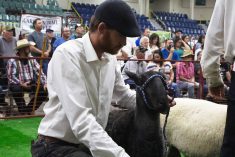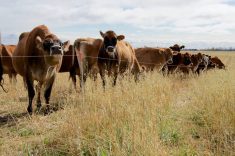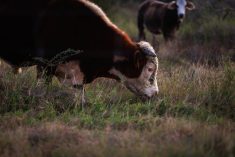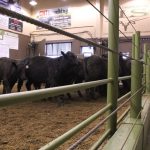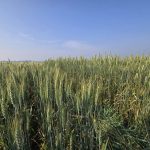BANFF, Alta. – The Alberta Barley Commission is floating the idea of a
super commission that would combine all of the province’s grains and
oilseeds commissions.
During the barley commission’s annual meeting in Banff, manager Clifton
Foster suggested that a larger commission would have more clout than
each organization struggling alone.
The majority of delegates agreed.
“It’s time for professional farmers to look at a whole commodity
approach,” said Brian Kriz, past-president of Grain Growers of Canada.
Read Also
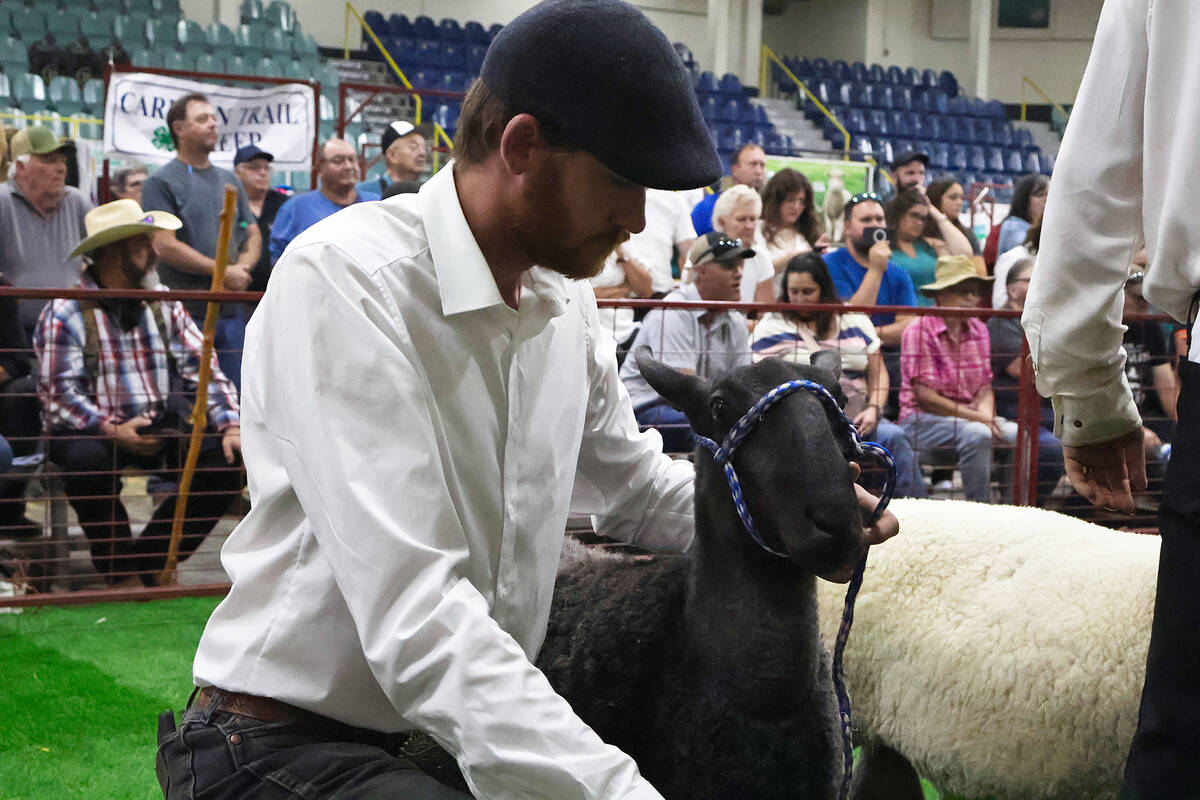
Bluefaced Leicester breed in a class all its own
The Bluefaced Leicester’s high-quality mothering skills and quality wool are some of the strong traits that make the breed a good addition to any operation.
Revenue is a major problem facing many of the smaller commodity groups.
Money for research and market development is levied according to sales,
leaving them subject to farm market conditions.
“We need more dollars to do the job,” Kriz said.
While many farmers are loyal to their commissions, the barley producers
agreed there is strength in numbers.
Neil Wagstaff, president of the Wild Rose Agriculture Producers, also
supports the concept. His group has been attempting to unite farmers in
the province for nearly a decade.
“It’s one of the fundamental problems we face,” said Wagstaff, who
spoke at the meeting.
“We’ve got to get better organized in this province.”
He said producers often miss out on government aid and without a united
voice, their wishes are often dismissed.
“Often we have to fight against government.”
Foster said one large organization would have more influence over
research and development activities and could have more leverage with
the federal and provincial governments when it comes to capturing
available research dollars.
It is also cheaper to administer a unified group, and minor crops could
more easily target money for favoured research projects.
Foster said the concept could take two to four years to develop and
should not be considered a threat to the autonomy of other groups.
Tom Jackson, who sits on the Alberta canola commission as well as the
barley commission, worried a merger would be perceived as an attempt to
resurrect the old Unifarm organization, which failed to capture support
of all farm groups because of philosophical differences. It evolved
into Wild Rose, which is membership driven and has less than 1,000
farmer members.
Jackson also wanted assurances that stronger groups would not ignore or
override the concerns of smaller groups.
Doug Robertston worried that some commodities could be ignored, but
pointed out many farmers are active in several organizations because
they grow a wide variety of crops.
“We are all whole farm,” the producer said.
Leo Meyer said he supports a more comprehensive organization because it
would make it easier to work with all levels of government.
“What needs to happen is a more comprehensive representation of
grains,” the delegate said.
For example, hard red spring wheat does not have a specific commission.
“It would be dramatically more effective,” Meyer said.
He also said the proposal should be developed quickly because some
commissions are struggling to survive, especially in a poor production
year like 2002.
Delegates also questioned whether politics and grain marketing theories
could take over as the main issues rather than research and development.





